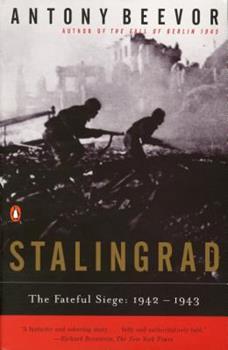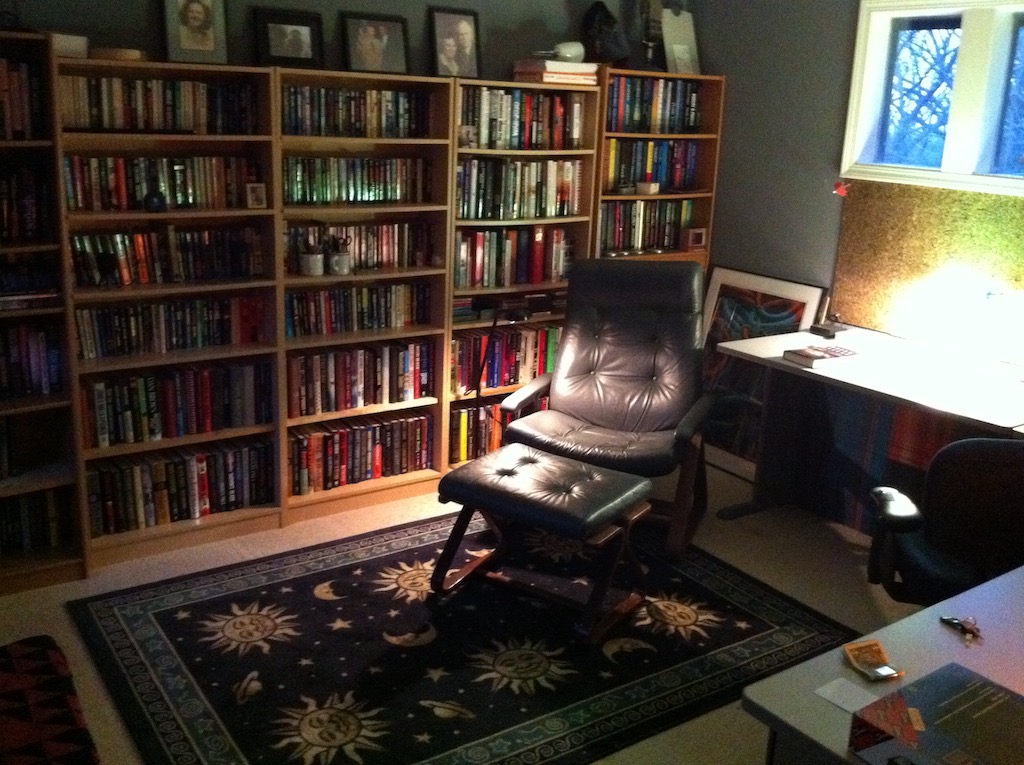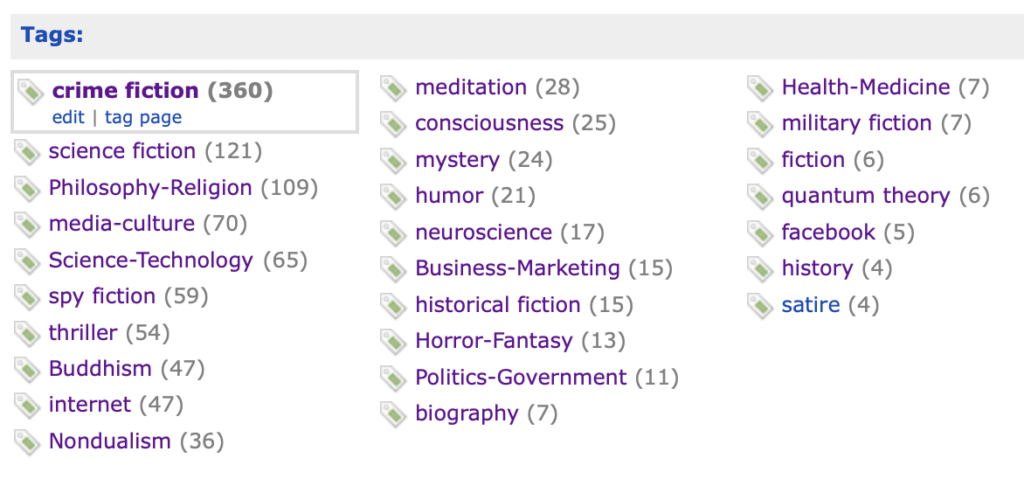(Amazon) “In the West, Zen Buddhism has a reputation for paradoxes that defy logic. In particular, the Buddhist concept of nonduality — the realization that everything in the universe forms a single, integrated whole — is especially difficult to grasp. In The Other Side of Nothing, Zen teacher Brad Warner untangles the mystery and explains nonduality in plain English. To Warner, this is not just a philosophical problem: nonduality forms the bedrock of Zen ethics, and once we comprehend it, many of the perplexing aspects of Zen suddenly make sense.”
We are not individual beings but components of an infinite reality that is just one single entity.
Zen Buddhists are Buddhists whose main thing is meditation. […] A way to learn to clearly see what reality actually is, beyond all dogmas and beliefs.
In everything in the world there exists nothing besides illusions. […] We can’t see the true nature of reality, but we can discover it. […] No explanation can ever match the reality it’s trying to describe.
In one sense, God created us. In another sense we are continuously creating God.
“Our life and our surroundings are part of a single continuum.” […] “Action and the place in which it occurs are indivisible.” — Nishijima Roshi
Mind and matter are two aspects of the same thing.
When we stop wanting things to be different from how they actually are, we stop suffering.
The truest thing you can ever say is, “I don’t know.”
The body exists within awareness rather than awareness being something that occurs inside the body or even inside the mind. The body is inside me rather than me being inside the body. […] The body is a manifestation of consciousness or of mind.
“Zazen is good for nothing!” — Kodo Sawaki
Whatever the particular thing is that you think is the worst thing in the world, it is part of you. Continue reading →
 I’ve only read a handful of history books (crime fiction is my passion) but they’ve all be great reads. A Distant Mirror: The Calamitous 14th Century; Battle Cry of Freedom: The Civ89l War Era; Nothing Like It In the World: The Men Who Built the Transcontinental Railroad 1863-1869; and Wires West: The Story of the Talking Wires. I’m currently reading STALINGRAD The Fateful Siege: 1942-1943 by Antony Beevor.
I’ve only read a handful of history books (crime fiction is my passion) but they’ve all be great reads. A Distant Mirror: The Calamitous 14th Century; Battle Cry of Freedom: The Civ89l War Era; Nothing Like It In the World: The Men Who Built the Transcontinental Railroad 1863-1869; and Wires West: The Story of the Talking Wires. I’m currently reading STALINGRAD The Fateful Siege: 1942-1943 by Antony Beevor.



